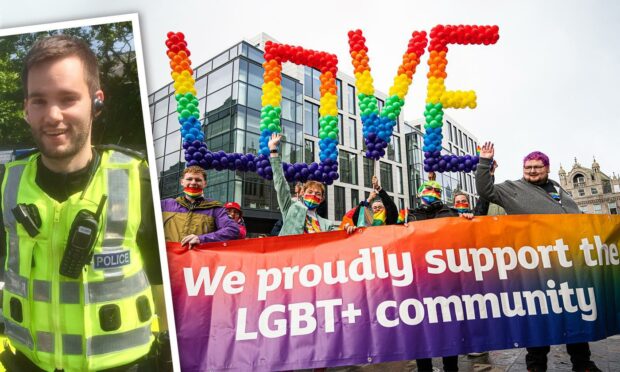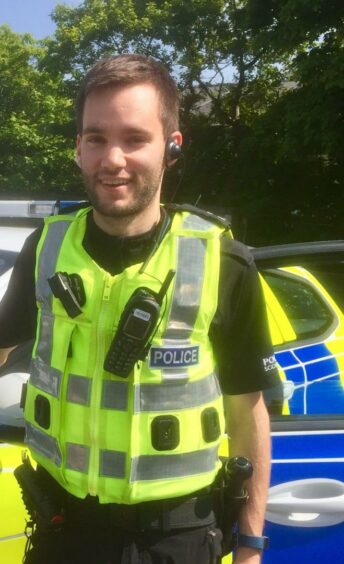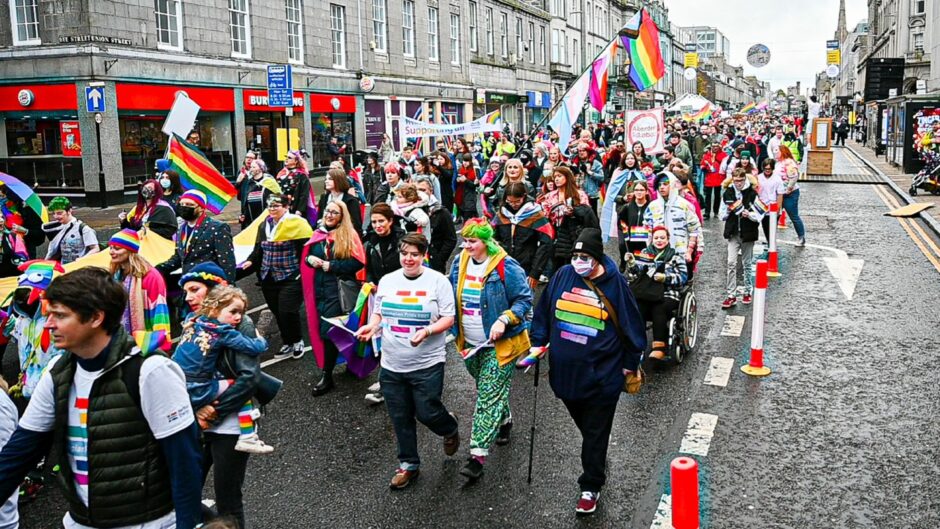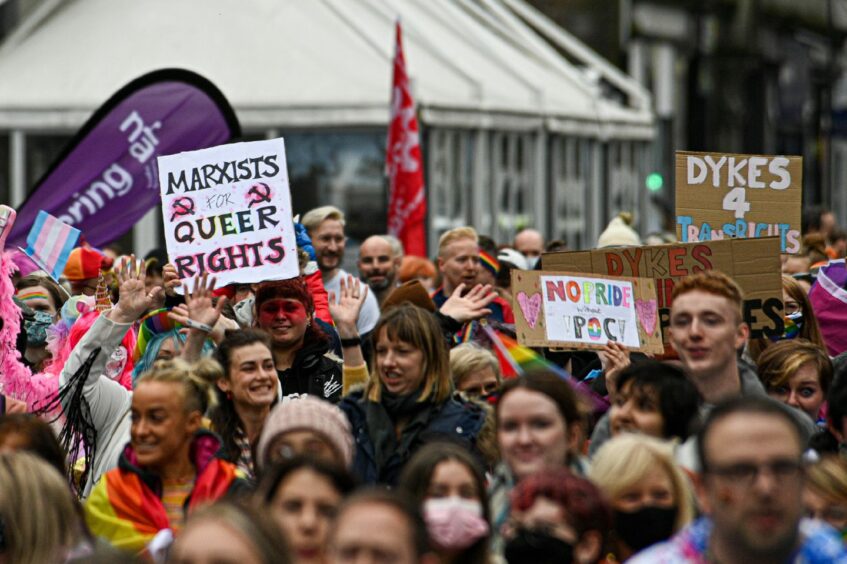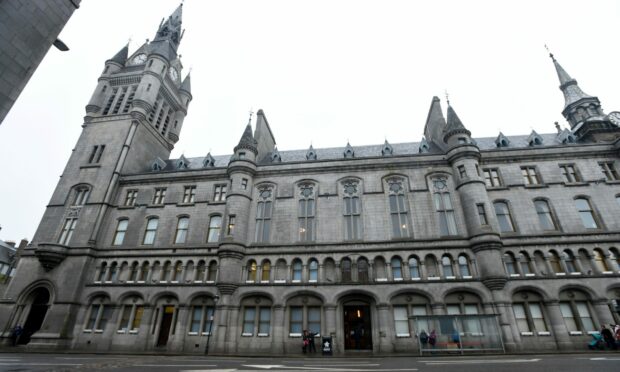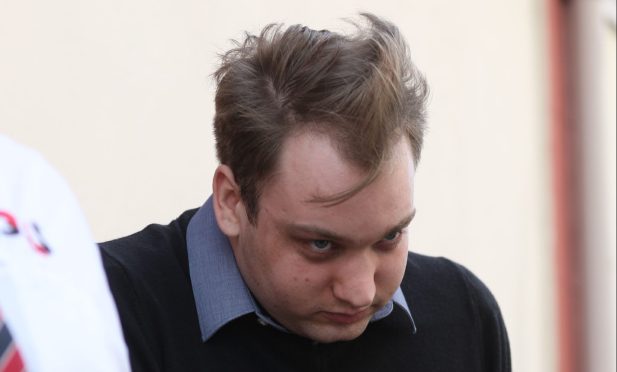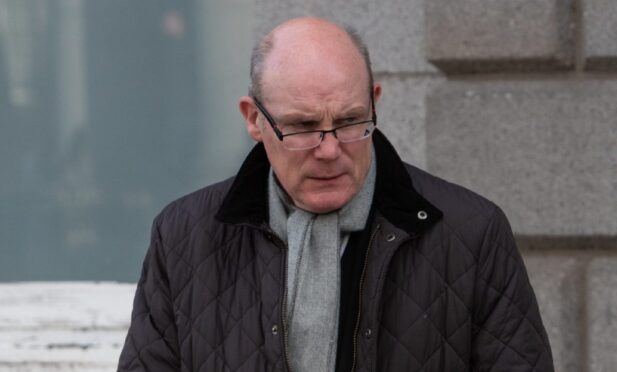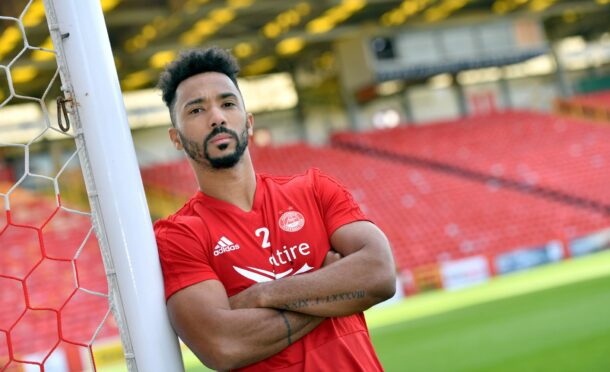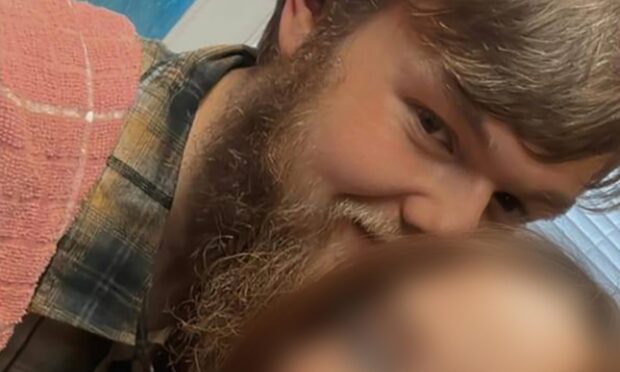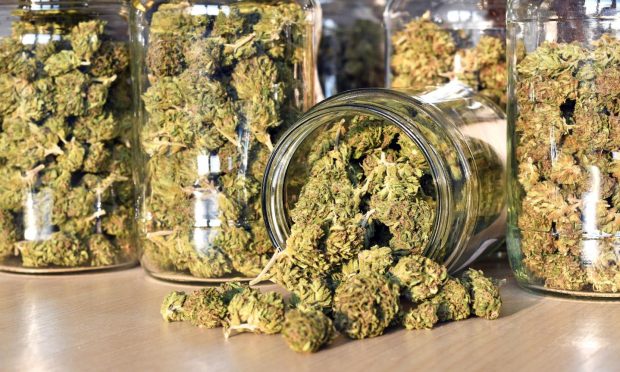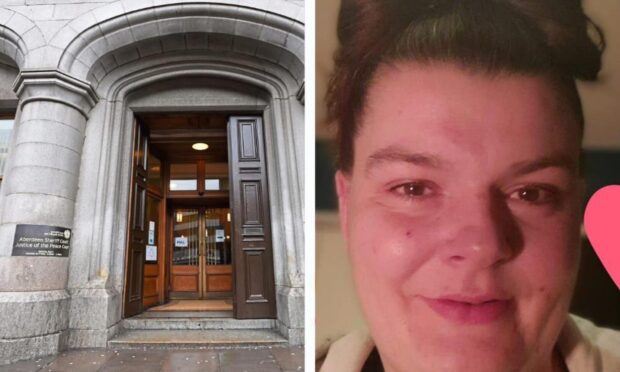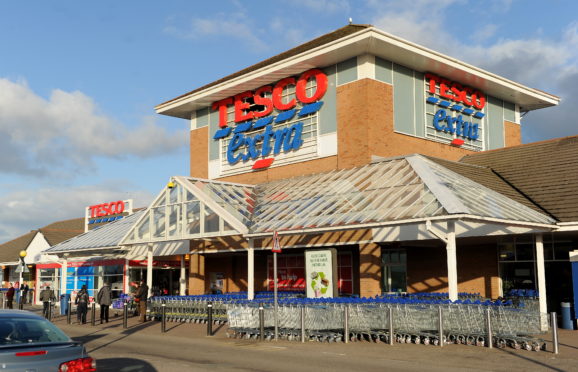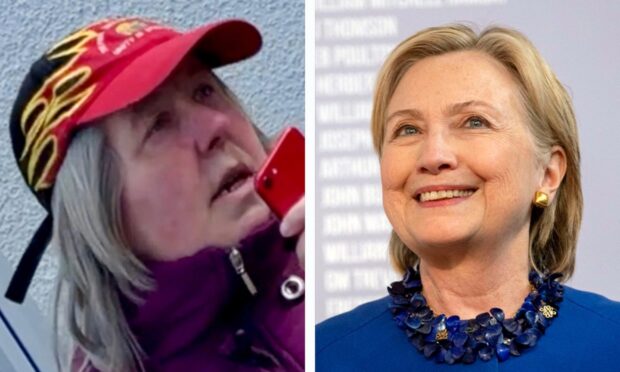February has been known as LGBT History Month since 2005, a short time after the controversial Section 28 was abolished.
The purpose of History Month is to raise awareness and celebrate the history, diversity and achievements of the LGBT+ community through a month-long calendar of events covering a wide variety of topics and reaching into a range of audiences, with a particular focus on education and learning.
The relationship between police forces and the LGBT+ community is long and complex.
‘Community still carries scars’
Although there has been huge progress in the last few decades, many members of the LGBT community still carry the scars and hurt from the way they were treated by the police and wider society in the past.
Even for younger members of the community, an awareness of past issues, such as the criminalisation of same-sex relationships, Section 28, and a ban on LGBT officers in the armed forces, can lead to the harbouring of resentment towards governments and the police.
In fact, even in present-day, the participation by police in uniform at pride events is still a subject of debate for some sections of the LGBT+ community.
As a result, LGBT officers are still an under-represented group within Police Scotland, in comparison to the proportion of LGBT people in the wider Scottish population.
My personal story
I thought I would take this as an opportunity to share a little bit of my own story, being a police officer who is a member of the LGBT+ community.
I came to Aberdeen from France in 2009 to study. All my family is still back in France so I arrived in a new country with a big suitcase and the clothes on my back.
I had come out to my family earlier that same year and although this went well for me, I was looking forward to a fresh start.
I decided I would be out and ‘live my truth’ from the very beginning in my new life in Scotland. I had a great time at university and completed my honours degree while working part-time.
I found Scotland was a very accepting country where being myself was actually quite easy.
Wanted to make a difference
Ever since I was young, I’d always seen myself working in the public sector, having a job that really makes a difference, like teaching, nursing or the paramedic field.
I’m not sure how the interest in the police specifically started in my mind, but I did have a positive interaction with the police in Aberdeen during my student years – I think this stayed with me afterwards.
I’d fallen victim to a random assault in the street and went to my local police station for help. I had been impressed by the professionalism and kindness shown to me at the time.
Assault prompted career change
In the beginning of my policing journey, I was quite pessimistic. I thought the Police wouldn’t be interested in someone like me – I’m foreign, I’m gay and I was never much of an athlete!
I was surprised and so happy every time I was successful in one of the steps of the recruitment process. Eventually, I got my start date at the Scottish Police College at Tulliallan.
Again I think I was quite anxious about how I would be perceived and treated by my peers and instructors, but I was determined to continue with my intention to be myself and truthful from the beginning.
I ended up having a great time at Tulliallan, and never faced any negativity due my sexual orientation.
My partner came to my passing out parade at the end of my time there and I was allowed a day off to attend his graduation ceremony which was in the middle of my training course.
Was open with Aberdeen colleagues
When I first went to meet my team at my new post in Aberdeen, I was open about my personal life from the outset. My inspector was asking me about my family situation, just getting to know his new member of staff, and it came out naturally without any fuss.
This has been replicated through my whole career so far; whenever my sexual orientation would come up with new colleagues it was just treated as normal, and I was praised for being so open.
I also discovered many other LGBT officers were serving in my area, some for much longer than me, so I didn’t feel as alone and different as I initially expected.
First pride parade was in uniform
Back in 2019 I travelled to Edinburgh to take part in the pride parade in uniform, which was actually my very first time at pride overall, so this was a real highlight for me.
This was organised by the Scottish LGBTI Police Association, our staff network for LGBT+ officers and allies.
The association is a great way to provide support to LGBT+ colleagues as well as giving us a stronger voice at the decision table.
Thanks to the association’s work in recent years, officers now have the choice to wear a gender-neutral baseball cap instead of the traditional male or female hats.
This is one of many signs that the organisation is progressive and always trying to improve its policies to reflect the diversity of our workforce. Many officers have actually adopted this new style of hat, regardless of their gender identity.
Force is open to everyone
Earlier this month, I had the privilege to lead an online recruitment event specifically aimed at the LGBT+ community.
It provided attendees with practical information on the role and recruitment process as well as insightful personal stories from various speakers who took part to demonstrate that yes, you can be LGBT and have a successful career as a police officer.
It did make me wish this kind of event existed back when I was considering joining the police service.
The philosophy of ‘if you can see it, you can be it’ really applies here, in the same way it does for anyone else, regardless of their race, ethnicity, gender or age.
For potential candidates, seeing members of their community being accepted and successful can be a huge encouragement and motivation to take the plunge and reach for their dream career too.
